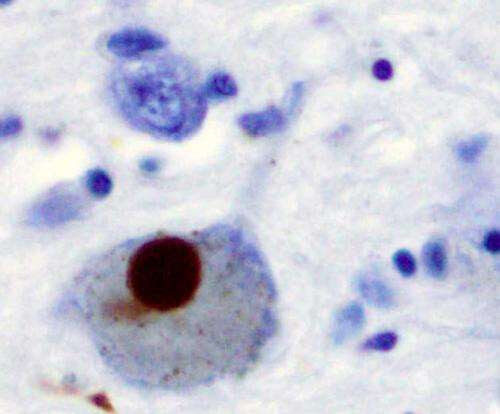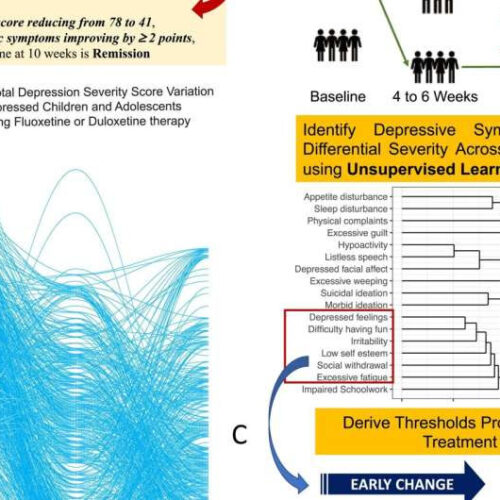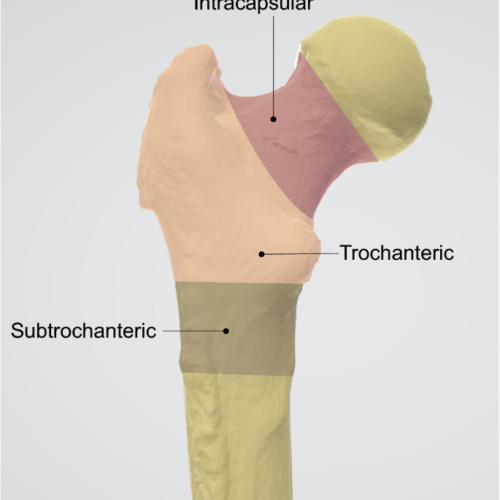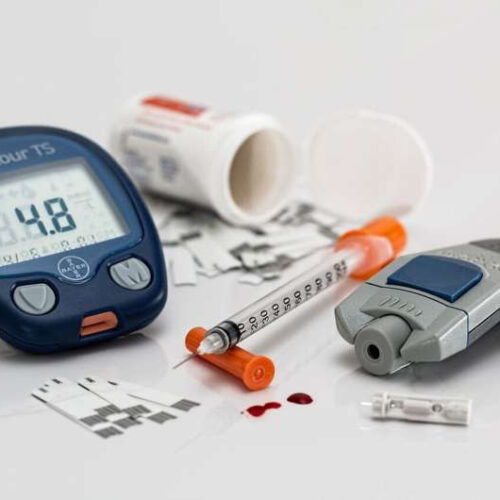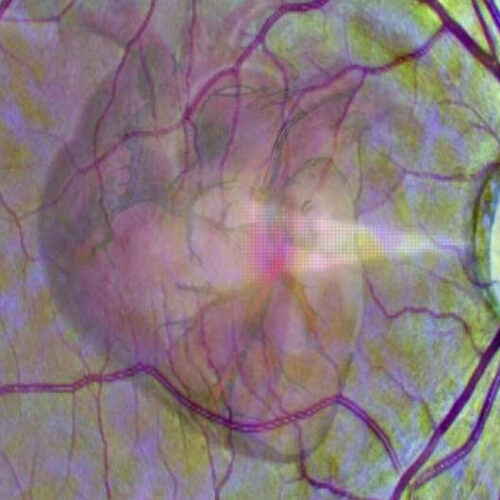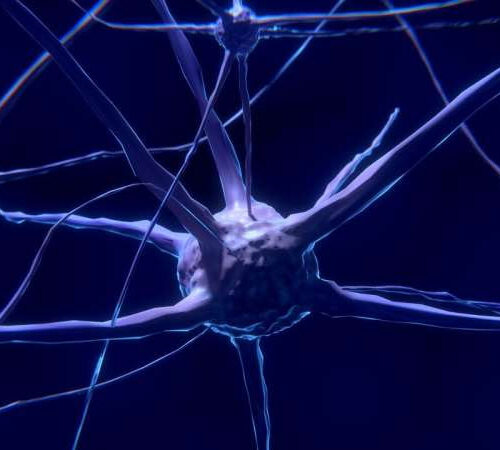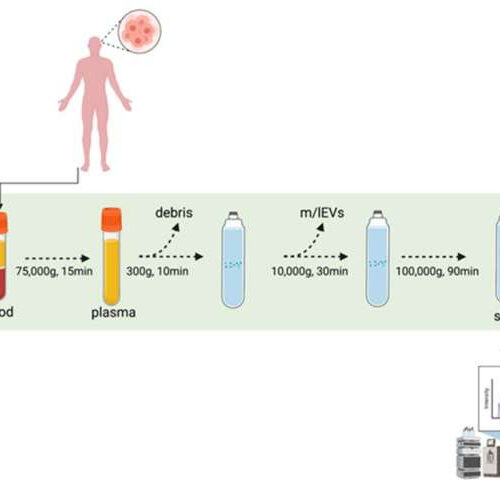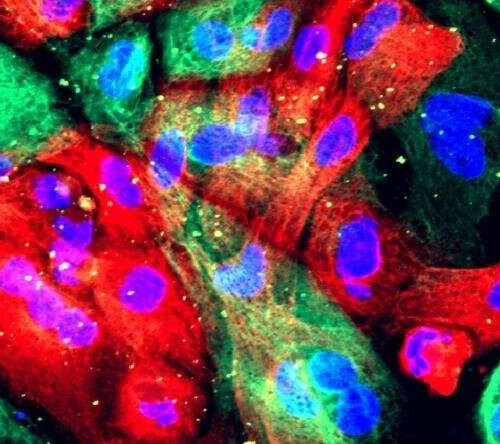by New York Stem Cell Foundation Immunohistochemistry for alpha-synuclein showing positive staining (brown) of an intraneural Lewy-body in the Substantia nigra in Parkinson’s disease. Credit: Wikipedia A study published today in Nature Communications unveils a new platform for discovering cellular signatures of disease that integrates robotic systems for studying patient cells with artificial intelligence methods for image...
Category: <span>Artificial Intelligence</span>
Researchers use AI to predict antidepressant outcomes in youth
by Colette Gallagher, Mayo Clinic Figure 1. (A) Envisioned use of proposed probabilistic graph-based tool to derive prognoses of treatment outcomes in children and adolescents treated with fluoxetine or duloxetine. (B) Trajectories of Children’s Depression Rating Scale-Revised (CDRS-R) total score in patients treated with fluoxetine. (C) The machine learning workflow. Credit: Journal of Child Psychology and...
Machine learning outperforms clinical experts in classification of hip fractures
Scientific Reports volume 12, Article number: 2058 (2022) Abstract Hip fractures are a major cause of morbidity and mortality in the elderly, and incur high health and social care costs. Given projected population ageing, the number of incident hip fractures is predicted to increase globally. As fracture classification strongly determines the chosen surgical treatment, differences...
Facial analysis improves diagnosis
UNIVERSITY OF BONN IMAGE: THE IMAGE SHOWS MATCHES, AN ALLUSION TO MATCHING FACIAL FEATURES AND DISEASES. A GENE SEQUENCE IS ALSO BURNED ONTO THE MATCHES. THIS ENCRYPTION CONTAINS THE TITLE AND THE AUTHORS OF THE STUDY. THE BLUE MATCH HEADS SYMBOLIZE RARE DISEASES. CREDIT: JEAN TORI PANTEL Many sufferers of rare diseases endure an odyssey...
A machine-learning approach to managing diabetes and cardiovascular risk
by Elisabeth Reitman, Yale University Credit: CC0 Public Domain A novel online tool called INSIGHT offers a machine learning-based approach when prescribing sodium-glucose cotransporter-2 (SGLT2) inhibitors to maximize the benefit for patients with Type 2 diabetes. The study, led by Yale researcher Rohan Khera, MD, MS, appears February 4 in the journal Diabetes Care. The study’s first...
The downside of machine learning in health care
Assistant Professor Marzyeh Ghassemi explores how hidden biases in medical data could compromise artificial intelligence approaches. While working toward her dissertation in computer science at MIT, Marzyeh Ghassemi wrote several papers on how machine-learning techniques from artificial intelligence could be applied to clinical data in order to predict patient outcomes. “It wasn’t until the end of my PhD work...
Using the eye as a window into heart disease
by University of Leeds A graphical representation of the idea of using a scan of the eye to get a window into heart health. Credit: University of Leeds. Scientists have developed an artificial intelligence (AI) system that can analyze eye scans taken during a routine visit to an optician or eye clinic and identify patients...
New AI model helps discover causes of motor neurone disease
by University of Sheffield Credit: Pixabay/CC0 Public Domain Scientists have developed a new machine learning model for the discovery of genetic risk factors for diseases such as Motor Neurone Disease (MND). Designed by researchers from the University of Sheffield and the Stanford University School of Medicine in the US, the machine learning tool, named RefMap,...
Major step forward in development of diagnostic blood test for
JANUARY 17, 2022 by University of Sussex Figure 1. Experimental pipeline. sEVs from GB patients and healthy volunteers’ blood samples were isolated through UC. The proteomic content of the sEVs were deciphered using mass spectrometry. Figure was created using BioRender.com. Credit: DOI: 10.3390/biomedicines10010125 Researchers at the University of Sussex are one step further to developing a...
Large international evaluation shows AI accurately diagnoses prostate cancer
by Karolinska Institutet Prostate cancer cells. Credit: NIH Image Gallery Researchers at Karolinska Institutet in Sweden have together with international collaborators completed a comprehensive international validation of artificial intelligence (AI) for diagnosing and grading prostate cancer. The study, published in Nature Medicine, shows that AI systems can identify and grade prostate cancer in tissue samples from...

